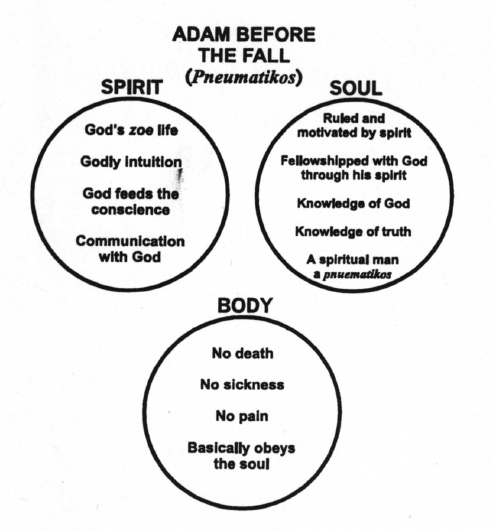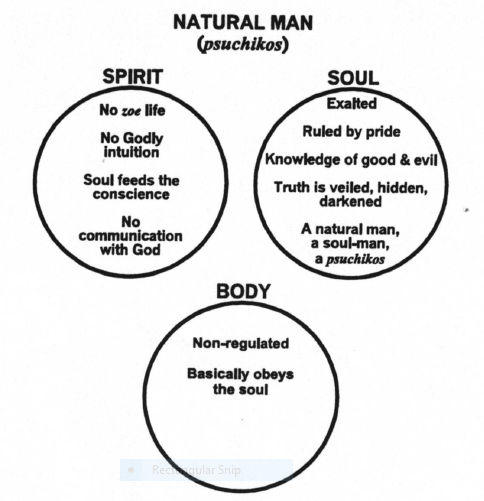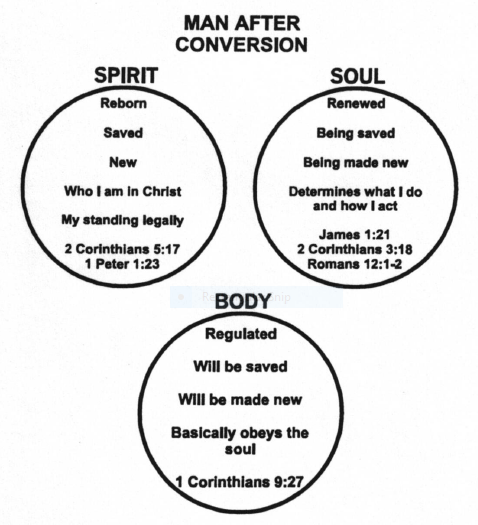vs 37-39 : Rivers of Living Water
On the last day of the feast, the great day, Jesus stood up and cried out, “If anyone thirsts, let him come to me and drink. Whoever believes in me, as the Scripture has said, ‘Out of his heart will flow rivers of living water.’ ” Now this he said about the Spirit, whom those who believed in him were to receive, for as yet the Spirit had not been given, because Jesus was not yet glorified.
Historical Note
Commentary on John 7:37 ( Ellicott’s Commentary for English Readers, 1877 )
These words were almost certainly suggested by part of the ritual of the festival, which consisted in a solemn procession with music, and headed by a priest, which went on each morning from the Temple to the pool of Siloam, where the priest filled a golden vase with water and carried it to the Temple amid the joyful cries of the people. He then poured it out on the western side of the altar of burnt-offering; while another priest poured a drink-offering of wine, at the same time, on the eastern side of the altar, and the people during this act chanted the words of “the Hallel,” Psalms 113-118. If we accept the eighth day as that referred to in this verse, then this ceremony was not repeated; but its very absence may have suggested the fuller declaration of the reality of which it was the representation. The current Rabbinical interpretation of the symbolism connected it with the gift of the latter rain, which was at this season; and also with the gift of the Holy Spirit.
Discussion
If anyone thirsts let him come to me and drink.
- What about those who are not thirsty? What do they receive?
- How much of the living water is enough to satisfy the thirst of a truly thirsty soul?
- How thirsty are you? How thirsty do you want to be?
Out of his heart will flow rivers of living water
- Have you experienced living water flowing out of you to quench someone else’s thirst?
- Do you want more of this?
- Can this river run dry?
Now this he said about the Spirit, whom those who believed in him were to receive
- What does believing in Jesus have to do with receiving the Spirit?
- Why did the giving of the Spirit come after Jesus had been glorified (crucified and raised up again)?
vs. 40-52 : Division because of Jesus
When they heard these words, some of the people said, “This really is the Prophet.”
Others said, “This is the Christ.” But some said, “Is the Christ to come from Galilee? Has not the Scripture said that the Christ comes from the offspring of David, and comes from Bethlehem, the village where David was?” So there was a division among the people over him. Some of them wanted to arrest him, but no one laid hands on him.
The officers then came to the chief priests and Pharisees, who said to them, “Why did you not bring him?” The officers answered, “No one ever spoke like this man!” The Pharisees answered them, “Have you also been deceived? Have any of the authorities or the Pharisees believed in him? But this crowd that does not know the law is accursed.” Nicodemus, who had gone to him before, and who was one of them, said to them, “Does our law judge a man without first giving him a hearing and learning what he does?” They replied, “Are you from Galilee too? Search and see that no prophet arises from Galilee.”
Discussion
In the responses to Jesus we see the division between soul and spirit (Hebrews 4:12).
- Who showed these people that Jesus was the Messiah?
- Why did some doubt?
- Can correct opinions stand in the way of the new thing that God wants to show us?
No-one ever spoke like this man
- What was it about Jesus that had such an impact on the temple guards?
Have any of the authorities or the Pharisees believed in him?
- What were the Pharisees trying to achieve here?
Personal Reflection
If we want to draw near to Jesus, understand who He really is, and receive more of the Holy Spirit from him, what are some of the qualities that we need to cultivate?




